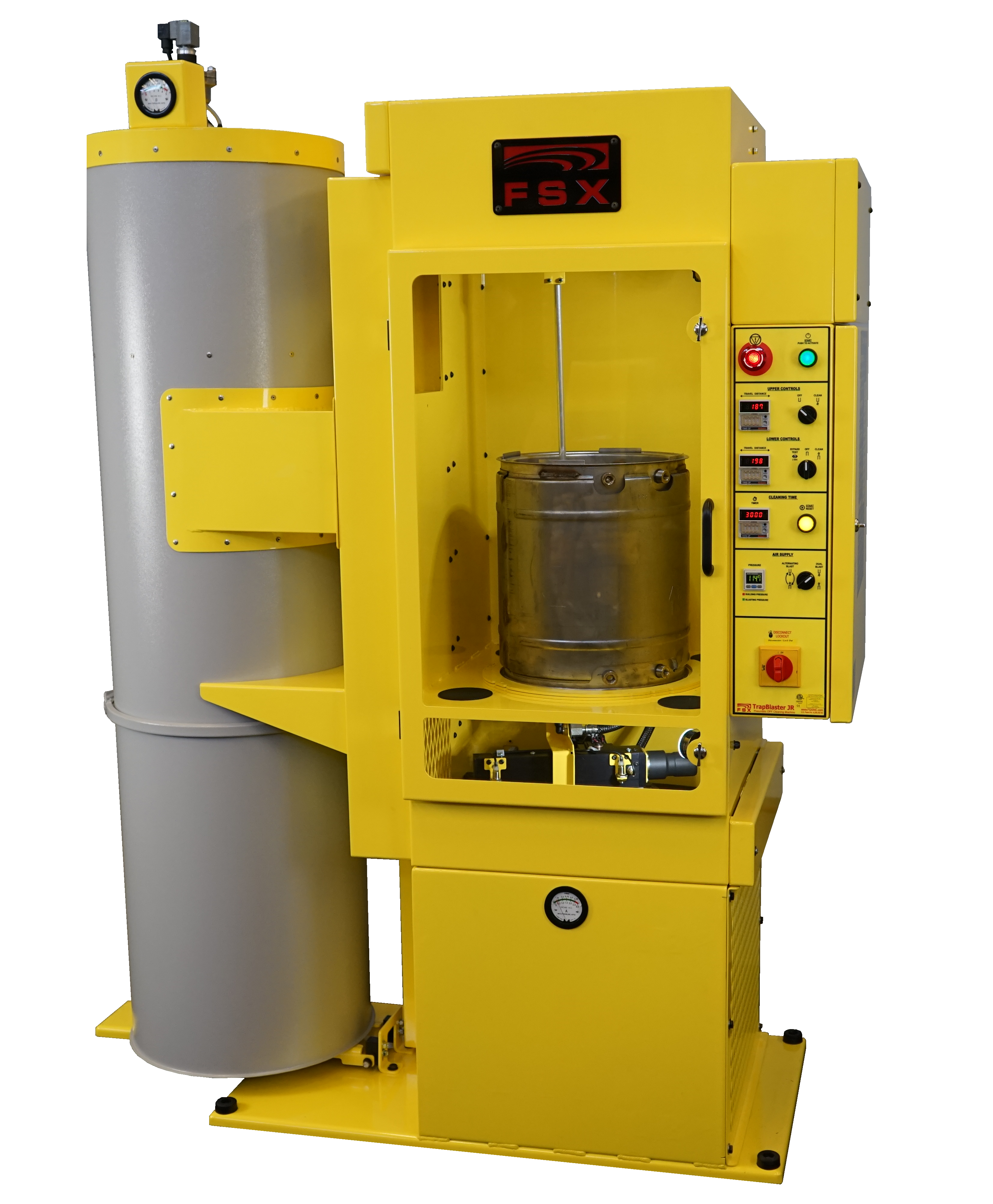Diesel engines are known for their durability and efficiency, making them a popular choice for various applications, from passenger vehicles to heavy-duty trucks and industrial machinery. However, they come with a unique component known as the Diesel Particulate Filter (DPF), which requires regular maintenance to ensure optimal performance and reduced emissions. In this article, we’ll explore what DPF cleaners are and why they are essential for diesel engine owners.
Understanding Diesel Particulate Filters (DPFs)
DPFs are emissions control devices integrated into the exhaust systems of diesel-powered vehicles and equipment. Their primary function is to capture and reduce particulate matter (PM) emissions, such as soot and fine particles, which are harmful to both human health and the environment. DPFs play a vital role in ensuring compliance with stringent emission standards and reducing air pollution.
The Challenge of DPF Accumulation
Over time, as a diesel engine operates, soot and ash particles accumulate in the DPF, gradually reducing its efficiency. When the DPF becomes clogged, it can lead to several issues, including:
- Reduced Engine Performance: A clogged DPF can restrict exhaust flow, resulting in reduced engine power and efficiency.
- Increased Fuel Consumption: The engine must work harder to overcome the blockage, leading to higher fuel consumption.
- Emission Compliance: A clogged DPF can cause a vehicle or equipment to fail emission tests and regulatory requirements.
Enter DPF Cleaners
DPF cleaners are specialized products designed to address the buildup of soot and ash in Diesel Particulate Filters. These cleaners contain powerful cleaning agents that help break down and remove the accumulated particulate matter, restoring the DPF’s efficiency and functionality. Here’s how DPF cleaners work:
- Chemical Action: DPF cleaners contain active ingredients that react with the soot and ash within the filter.
- Loosening Particulates: These chemicals work to break down the particulate matter into smaller, more manageable particles.
- Regeneration Assistance: Some DPF cleaners are designed to aid in the regeneration process, where the DPF heats up to burn off the loosened particles during normal engine operation.
The Benefits of Using DPF Cleaners
- Enhanced Performance: Regular use of DPF cleaners helps maintain optimal engine performance, ensuring that your diesel vehicle or equipment runs smoothly.
- Improved Fuel Efficiency: A clean DPF reduces engine strain, leading to better fuel economy and cost savings over time.
- Emission Reduction: Clean DPFs contribute to lower emissions, helping diesel engines meet environmental standards and reduce their impact on air quality.
- Extended DPF Lifespan: Proper maintenance with DPF cleaners can prolong the life of your DPF, delaying the need for expensive replacements.
Using DPF Cleaners
To benefit from DPF cleaners, follow these general steps:
- Read the Instructions: Always follow the manufacturer’s instructions provided with the DPF cleaner product.
- Choose the Right Product: Select a DPF cleaner that is compatible with your diesel engine and DPF system.
- Application: DPF cleaners can be added to the fuel tank or introduced directly into the DPF system, depending on the product and manufacturer’s recommendations.
- Regular Maintenance: Consider incorporating DPF cleaner treatments into your regular maintenance schedule to prevent excessive buildup.
In conclusion, DPF cleaners are essential tools for diesel engine owners who want to ensure optimal performance, fuel efficiency, and compliance with emission standards. By incorporating these cleaners into your maintenance routine, you can enjoy the benefits of cleaner exhaust emissions, reduced fuel consumption, and extended DPF lifespan, ultimately saving money and contributing to a cleaner environment.












